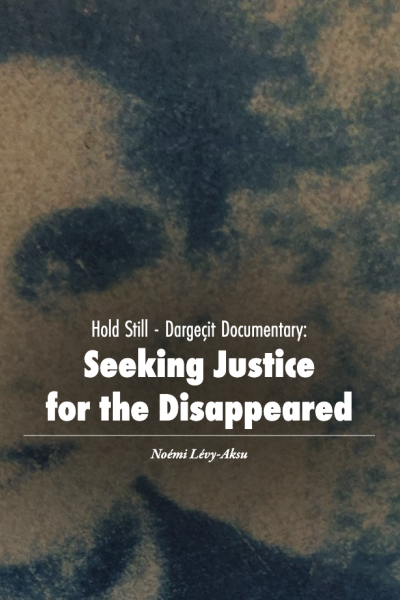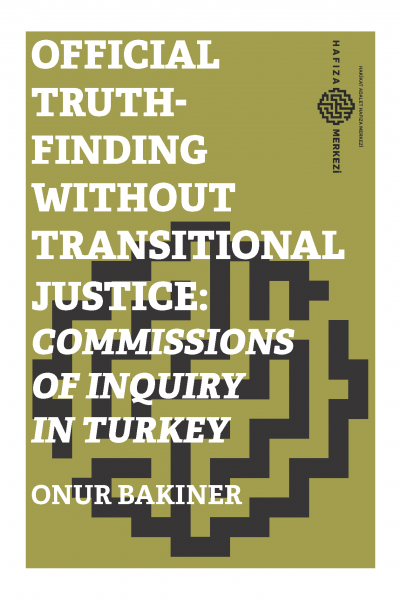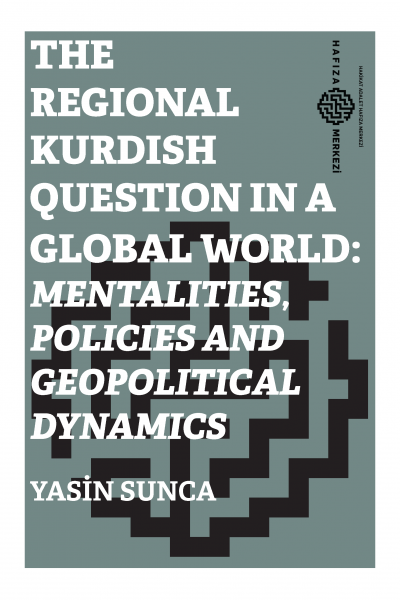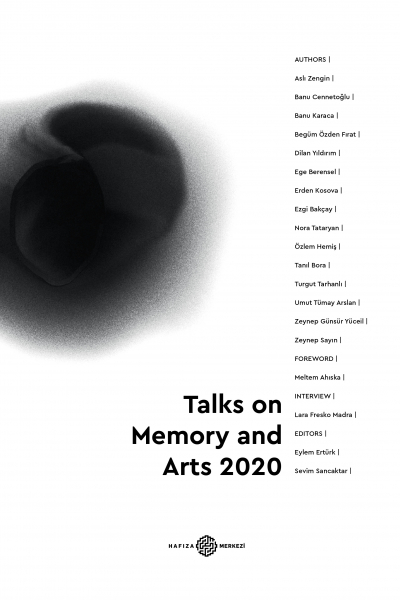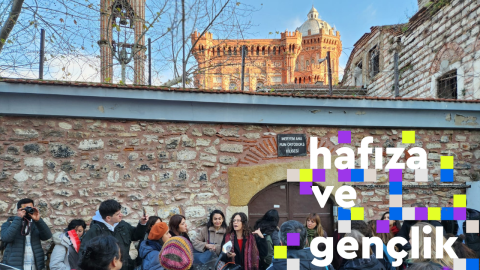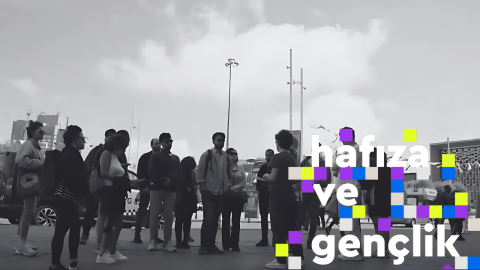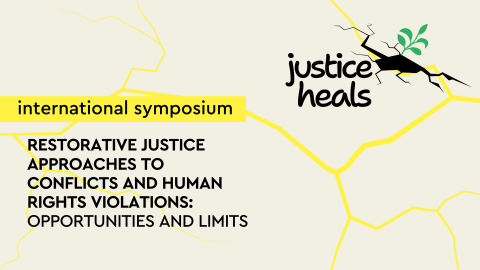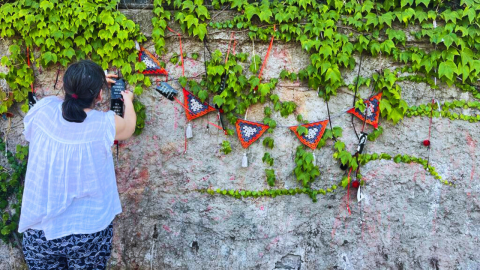Database on Enforced Disappearances
Start Date: 11.07.2013
End Date: 01.01.2018
Website: http://www.zorlakaybetmeler.org/
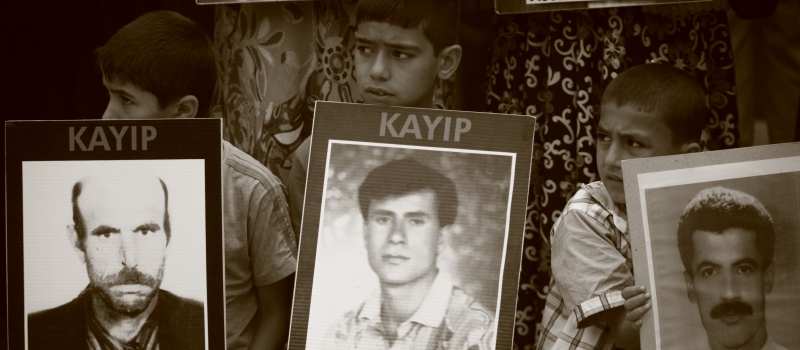
The Database on Enforced Disappearances is currently closed due to update and maintenance work. We are working to make the the updated database accessible as soon as possible.
Hafıza Merkezi has identified its long term priority area of focus as enforced disappearances, based on the interactions with dozens of civil society organizations in both Turkey and abroad, especially during the consultation studies carried out prior to its establishment under the umbrella of Anadolu Kültür. The Database on Enforced Disappearances represents the main focal point of the center’s activities within this framework of action. The database aims to gather information on those who have been forcible disappeared in Turkey since the September 12, 1980 military coup.
The practice of “disappearing” people, a terror/intimidation/repression strategy employed by Nazis also known as “night and fog,” is unfortunately a cruel strategy practiced systematically in various countries throughout the world. In Turkey, there are still hundreds of missing people whose condition remains unknown and whose loved ones are still struggling to find answers. Hafıza Merkezi aims to undertake efforts to document the practice of enforced disappearances, which started in Turkey in the early 1980s, and later turned into being used as a “war strategy” during 1990s . We also aim to monitor legal proceedings, share information with the public and generate pressure on relevant parties.
The main reason behind this database was to address the need for documenting enforced disappearances in Turkey in a universally recognised standard, and to make this information available from a central source available for public access. The database we are building is a counterpart to those observed around the world. The information we gather comes primarily from the field interviews we carry out with the relatives of those missing, which we also work to support by gathering information from second hand sources like media, reports and legal documents.

